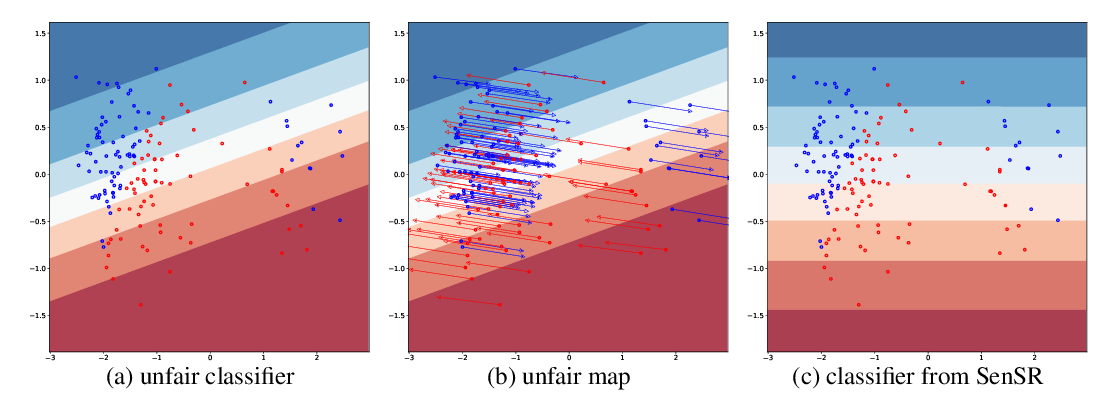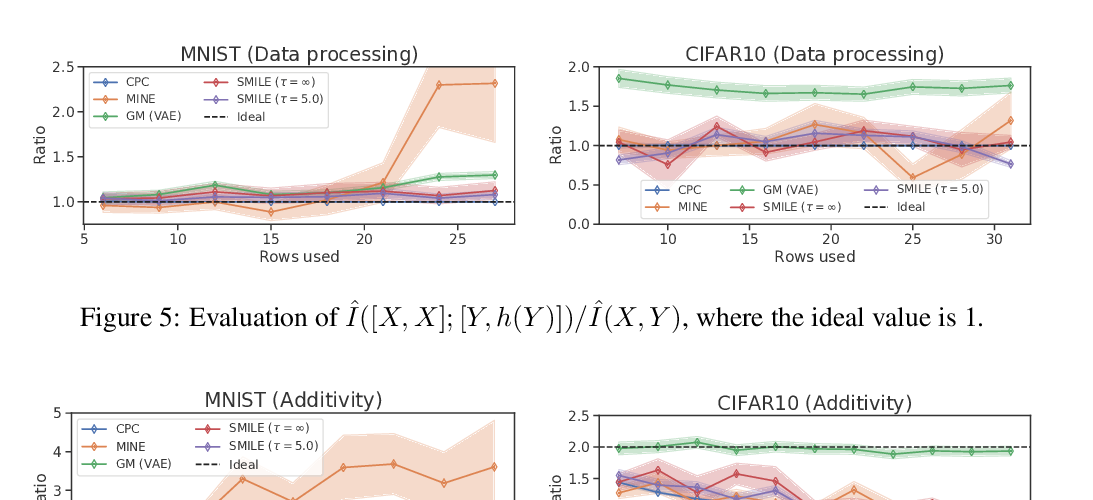Abstract:
Machine learning algorithms have been increasingly deployed in critical automated decision-making systems that directly affect human lives. When these algorithms are solely trained to minimize the training/test error, they could suffer from systematic discrimination against individuals based on their sensitive attributes, such as gender or race. Recently, there has been a surge in machine learning society to develop algorithms for fair machine learning.
In particular, several adversarial learning procedures have been proposed to impose fairness. Unfortunately, these algorithms either can only impose fairness up to linear dependence between the variables, or they lack computational convergence guarantees. In this paper, we use Rényi correlation as a measure of fairness of machine learning models and develop a general training framework to impose fairness. In particular, we propose a min-max formulation which balances the accuracy and fairness when solved to optimality. For the case of discrete sensitive attributes, we suggest an iterative algorithm with theoretical convergence guarantee for solving the proposed min-max problem. Our algorithm and analysis are then specialized to fair classification and fair clustering problems. To demonstrate the performance of the proposed Rényi fair inference framework in practice, we compare it with well-known existing methods on several benchmark datasets. Experiments indicate that the proposed method has favorable empirical performance against state-of-the-art approaches.


